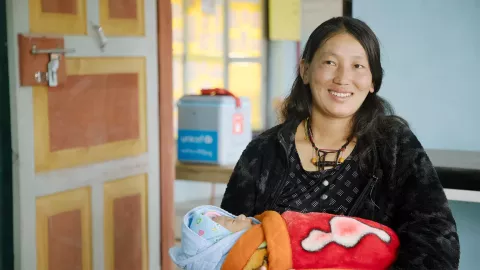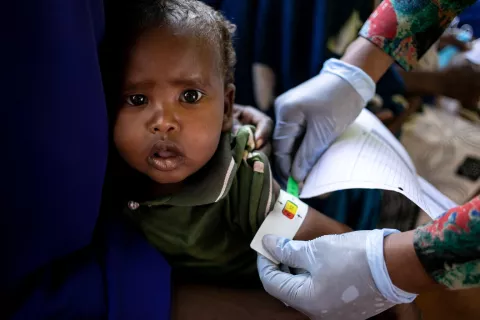Infection prevention and control and water, sanitation and hygiene measures in health-care settings and shelters/congregate settings in Gaza
Technical note, 22 February 2024
About
The situation in the Gaza Strip is dire, with syndromic surveillance revealing high rates of infectious diseases. The risk of further spread may be exacerbated by several factors, including overcrowding, inadequate water and sanitation, disruption of routine healthcare services, and a dysfunctional health system due to the ongoing conflict.
In response to these challenges, assessing IPC- and Water, Sanitation, and Hygiene (WASH)-related risks and implementing IPC and WASH measures are pivotal to mitigating the spread of infectious diseases and ensuring a safe environment for patients, visitors, family members, and health and care workers. This technical note provides crucial guidance for implementing core IPC and WASH measures in healthcare and shelter settings. It emphasizes ensuring access to safe water, sanitation, the importance of hand hygiene, the availability of IPC supplies, and the appropriate selection and use of personal protective equipment based on risk assessment. Additionally, it underscores the importance of adhering to cleaning and disinfection protocols to maintain a safe healthcare environment, especially in the context of overcrowding.
While the objective of this document is to address the public health emergency resulting from the conflict in Gaza, it acknowledges the contextual and capacity constraints. Users are encouraged to assess their unique situations and consider alternative options for implementing these measures effectively.
This technical note, co-published with WHO, will be updated on an as-needed basis.


